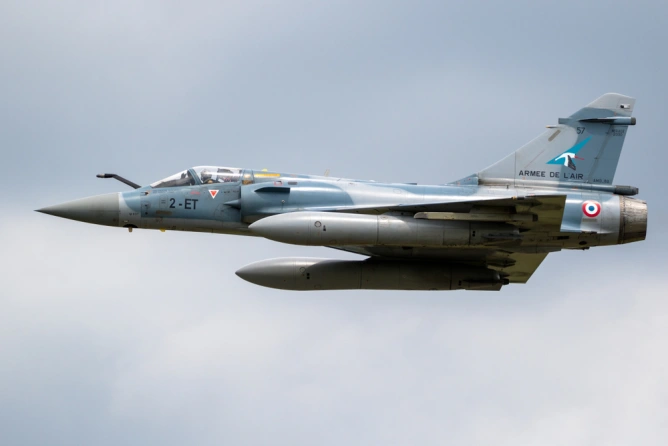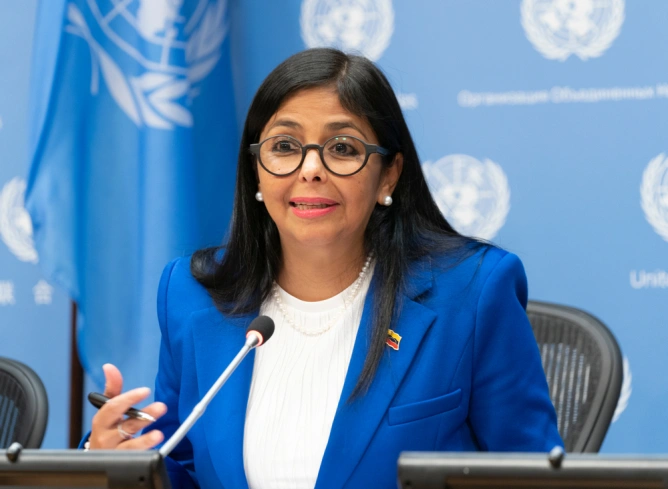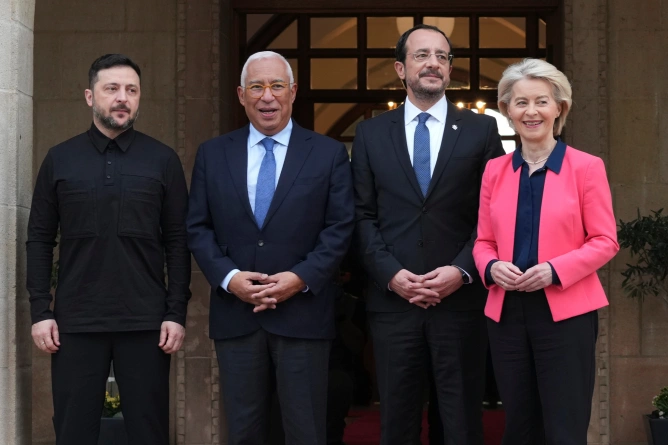26 November 07:36

International
www.shutterstock.com
France and Germany are intensifying efforts to unlock the Future Combat Air System (FCAS) program, a 100 billion euro project that faces significant risks of failure due to disputes between Dassault Aviation and Airbus. Following discussions between French President Emmanuel Macron and German Chancellor Friedrich Merz, Berlin has developed a "decision-making roadmap" with a deadline in mid-December to reach an agreement. This aims to reaffirm political control over the project and reassess the technical requirements of the air forces of the two countries.
FCAS aims to develop a next-generation fighter jet, with entry into service in 2040, but negotiations have been complicated by a lack of trust between Dassault, which wants control of the project, and Airbus, which represents Germany and Spain. A failure of FCAS would underscore Europe's inability to build its defense in the current context of instability. Although political pressure is increasing, there are doubts about Macron's ability to force concessions from Dassault, which is in a favorable position due to the success of Rafale exports. Alternative scenarios, such as the separate development of aircraft or an alliance with Saab, are also being discussed, while a minimalist compromise could allow both sides to avoid open conflict.
FCAS aims to develop a next-generation fighter jet, with entry into service in 2040, but negotiations have been complicated by a lack of trust between Dassault, which wants control of the project, and Airbus, which represents Germany and Spain. A failure of FCAS would underscore Europe's inability to build its defense in the current context of instability. Although political pressure is increasing, there are doubts about Macron's ability to force concessions from Dassault, which is in a favorable position due to the success of Rafale exports. Alternative scenarios, such as the separate development of aircraft or an alliance with Saab, are also being discussed, while a minimalist compromise could allow both sides to avoid open conflict.





















